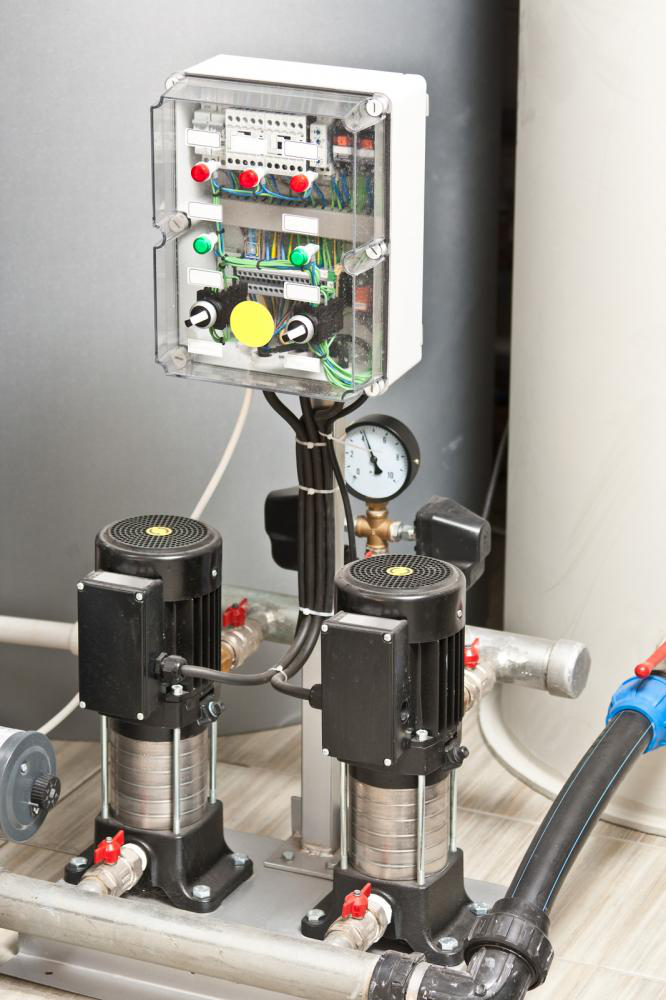Are You Making The Right Choice? A Buyer’s Guide for Purchasing a Water Heater
Higher efficiency mandates, better technology and changing consumer trends have spurred recent evolutions in the water heating industry. This has introduced new heating appliances in the market that promise better performance compared to old tank-type heaters that some may swear by. Even though this offers more options to customers, it also makes it difficult to choose the right one.
Investing in a new water heater for the house is an important decision, and here are a few factors you should consider before making the purchase.
NAECA-Compliant Heaters
National Appliance energy Conservation Act is a US Act of Congress which was passed in 1987. It aims to regulate energy consumption in major household appliances and water heaters are one of them. 4 years back, in April 2015, NAECA 3 went into effect and called for higher energy efficiency ratings in water heaters.
The goal is to minimize heat loss so that energy is consumed sustainably with minimum losses. This has mandated better insulation, which automatically enlarges the size of the tank, and providing alternate heating solutions as well. The new tanks have expanded 2 inches in diameter and height both which is only creating more space for insulation.

If you’re buying a new hot water heater, make sure your space allows for a bigger tank to fit in. If not, you might want to go for a newer tank-less water heater which is also more energy-efficient.
Source of Power
This is a major difference that helps categorize water heaters into two broad categories—electric and gas powered.
There’s also a third option: propane, but that’s a burden on the budget because it’s priced higher than natural gas.
The former two fuel sources are more popular choices in most households. Prior to making the purchase, decide which fuel source you’ll opt for.
Since most households only thrive on electricity and don’t have a natural gas supply, the only option that remains is an electric heater. Even though electric heaters aren’t as economical as gas-powered heaters, they can save the cost of laying a new gas line. Be mindful of the service load for your house because the amount of power will determine how optimally the heater functions. Simply put, more power means a constant supply of hot water. So check your main breaker panel to see how much power you get before blaming your heater for poor performance.
Water heaters fuelled by natural gas not only require proper gas line piping but also adequate ventilation. Both tank-type and tank-less water heaters have gas lines of different sizes. If you’re thinking of moving from tank-type to tank-less, you’ll have to invest in outfitting the space and reworking the gas line piping.
As for the fee of installation, there’s not much difference between fitting an electric tank-type heater and an electric tank-less heater.
Have you made up your mind about which water heater you’ll buy?
Once you make the purchase, leave the rest to us. We specialize in the installation of hot water heaters in households. If you’re opting for a gas-based heater, we also offer gas line repair in Fort Worth TX. Get us a call to reach out to a plumbing expert and discuss your water heater installation needs.

